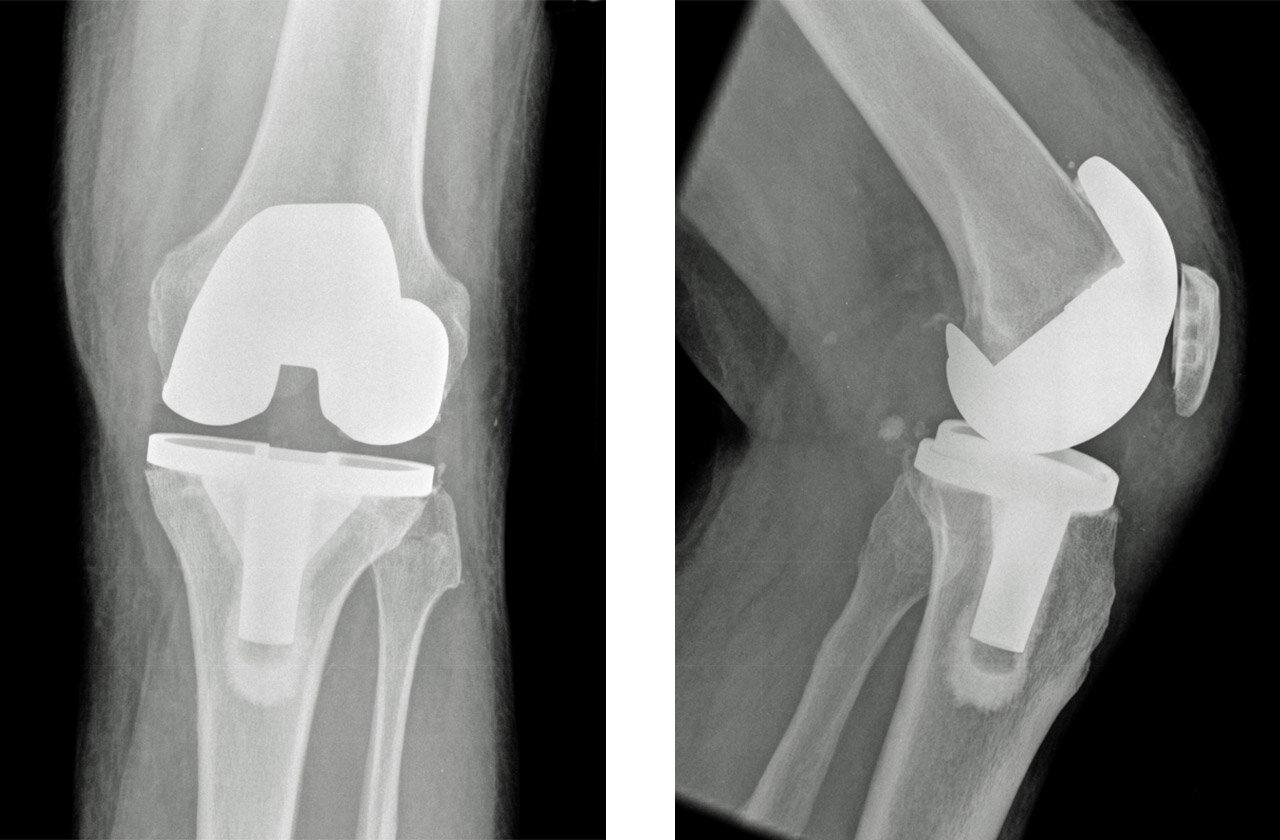Revision Knee Replacement
Revision knee replacement is a surgical procedure performed to replace a previously implanted artificial knee joint that has failed or worn out over time. It is more complex than a primary knee replacement and is usually necessary when the original implant becomes loose, wears down, gets infected, or causes persistent pain and instability.
Reasons for Revision Knee Replacement:
- Implant Wear and Loosening: Over time, the artificial components may wear out or loosen, causing pain and reduced function.
- Infection: A serious complication that may require removal of the infected implant and replacement with a new one.
- Instability: If the knee becomes unstable due to ligament damage or improper alignment, a revision surgery may be needed.
- Fracture: A bone fracture around the implant (periprosthetic fracture) may require revision surgery.
- Stiffness and Limited Mobility: If excessive scar tissue forms, restricting movement, a revision may help restore function.
Procedure:
- The surgeon removes the old implant carefully, often requiring specialized tools.
- Any damaged bone is repaired, and in some cases, bone grafts or metal augments are used to strengthen the knee.
- A new prosthetic knee is implanted, often with larger or more specialized components.
- The procedure may take longer than a primary knee replacement due to the complexity of removing the old implant and reconstructing the knee.
Recovery and Rehabilitation:
- Hospital Stay: Typically longer than a primary knee replacement (3–5 days or more).
- Physical Therapy: Essential for regaining knee strength and mobility.
- Full Recovery: May take several months, depending on the complexity of the revision and the patient’s overall health.
Risks and Challenges:
- Higher risk of infection compared to primary knee replacement.
- Bone loss or weakness requiring additional reconstruction.
- Longer and more challenging rehabilitation.
- Possibility of additional revisions in the future if the new implant wears out.
Benefits of Revision Knee Replacement:
- Relief from pain and discomfort.
- Improved knee function and mobility.
- Restoration of stability and alignment.
Revision knee replacement is a more complicated procedure than a primary knee replacement, but it can significantly improve quality of life for patients experiencing issues with their original knee implant.

